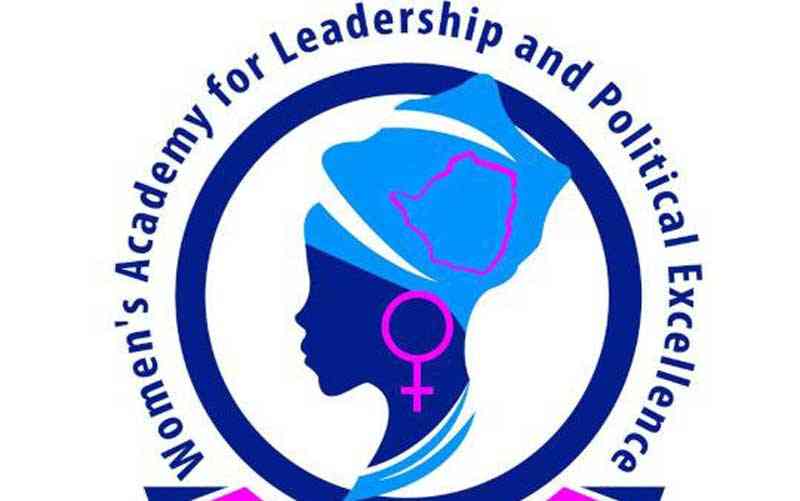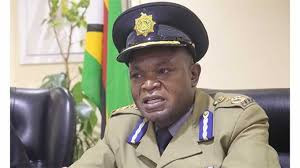
THE Women’s Academy for Leadership and Political Excellence (Walpe), in partnership with Oxfam, has scaled up training programmes aimed at advancing gender equality in Zimbabwe’s political arena.
Walpe representative Jessie Chihota said it was disheartening that women were underrepresented in leadership positions despite being the majority of the population at 52%.
“When we look at national leadership, women make up 10% of seats in Parliament and after the recalls, they were at 11%,” Chitota said during a training of female leaders running under the theme Transformative Feminist Leadership Training in Harare.
“And then in the lower house and upper house combined, women are sitting at 33%, which is even low.
“It is against this background that we want to increase the number of women in leadership positions at local and national levels through these capacity-building trainings.”
A trend analysis reveals that women’s representation in the National Assembly has fallen steadily, decreasing from 12,3% in 2013, to 11,9% in 2018 and landing at 11% in 2023.
In local government, women political participation has also declined from 16,2% in 2013, 13,3% in 2018 to 12,6% in 2023.
Chihota attributed the disparity to various factors, including limited access to information, confidence issues, harassment by male colleagues and misrepresentation of women in leadership.
- Concern over decline in women in politics
Keep Reading
“We realised that a lot of women do not have access to information on how they can take up leadership positions,” she said.
“We live in a patriarchal society that predominantly wants to see the rise and assumption of leadership of a man and the domestication of women.”
In a related matter, Harare is set to host the inaugural The Rise Up Ladies Conference aimed at empowering Zimbabwean women in financial literacy.
The conference, scheduled for June 7, 2025 at Eight2Five Innovation Hub in Harare, is expected to draw 300 women, including young professionals, entrepreneurs, informal traders and mothers.
This conference seeks to address the critical need for enhanced financial literacy and provide access to formal financial services and sustainable wealth-building strategies among women in Zimbabwe.
“This conference was inspired by my own journey — navigating life after marriage, financial pressures and the longing for practical guidance,” Tinaishe Chikwature Mutume, founder and host of the Rise Up Conference, said.
Despite their significant economic contributions and accounting for 52% of Zimbabwe’s population, many women still remain excluded from the formal financial system, leaving many exposed to black market dealings, debt traps, among other ills.
The conference will run under the theme Road to My Financial Freedom.
Key objectives include boosting financial literacy and investment knowledge, exposing attendees to legal and regulated financial products, inspiring disciplined financial habits and connecting women with institutions offering financial solutions.










